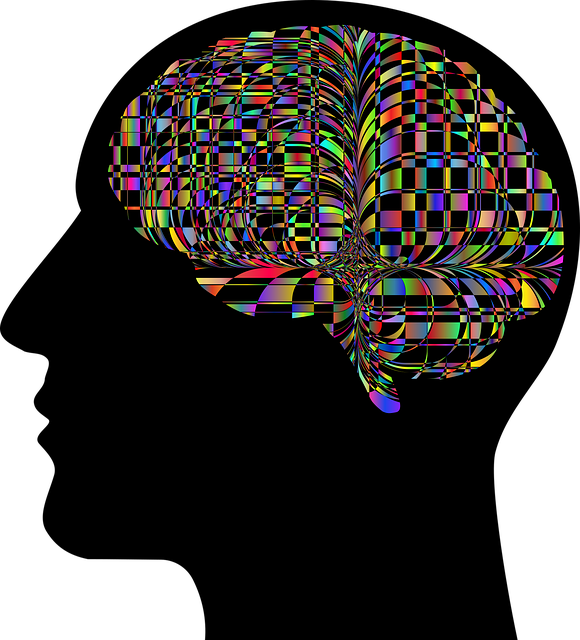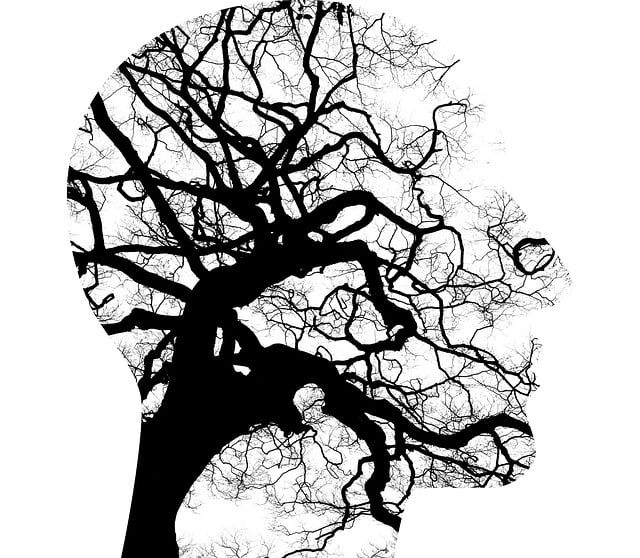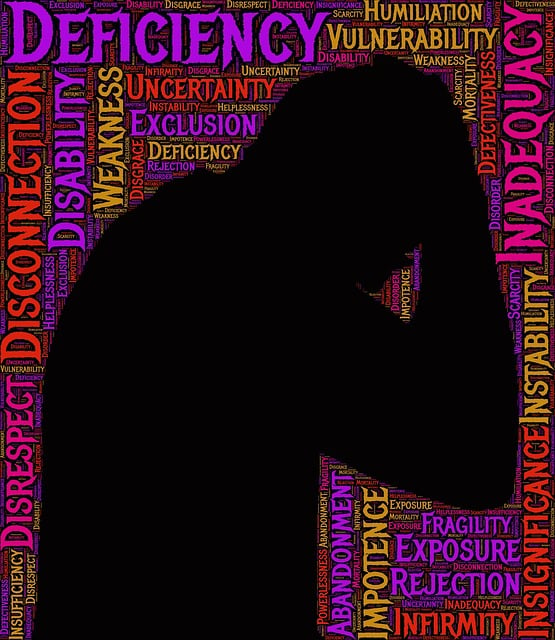Denver Chronic Illness Therapy offers holistic mental wellness programs integrating individual therapy, group support, and mindfulness workshops. Evaluating these programs uses a balanced approach combining qualitative and quantitative methods, including surveys, interviews, and focus groups, to capture both personal experiences and measurable outcomes. Key Performance Indicators (KPIs) track reductions in anxiety, depression, and stress, as well as increased engagement in activities. Programs are adapted based on feedback and virtual platforms may be incorporated, ensuring tailored support for diverse mental health needs.
Mental wellness programs are gaining critical recognition, with various models emerging to address diverse needs. Effective evaluation methods are crucial for understanding their impact and optimizing outcomes, especially in managing chronic illnesses. This article explores innovative approaches, from the Denver Chronic Illness Therapy Model’s unique assessment tools to the balance between qualitative and quantitative methods. We delve into key performance indicators (KPIs) as success metrics and highlight continuous improvement strategies essential for adapting programs to foster optimal mental wellness.
- Understanding Mental Wellness Programs: A Foundation for Evaluation
- Denver Chronic Illness Therapy Model: Unique Approach and Assessment Tools
- Qualitative vs. Quantitative Methods: Balancing Perspectives in Program Evaluation
- Measuring Success: Key Performance Indicators (KPIs) and Their Role
- Continuous Improvement: Feedback Loops and Adapting Programs for Optimal Wellness
Understanding Mental Wellness Programs: A Foundation for Evaluation

Mental wellness programs are designed to support individuals in managing and improving their mental health and overall well-being. These programs can range from individual therapy sessions to group support networks, mindfulness workshops, and online resources. Understanding the core objectives and components of these programs is essential for effective evaluation. At Denver Chronic Illness Therapy, for instance, compassion cultivation practices are often integrated into treatment plans, focusing on building emotional regulation skills to enhance coping mechanisms.
Evaluation methods should be tailored to assess the program’s impact on participants’ mental health. This includes measuring improvements in symptoms, such as reduced anxiety or depression, enhanced emotional resilience, and better overall functioning. Mental Health Policy Analysis and Advocacy plays a crucial role in understanding how these programs contribute to public health, especially when considering long-term sustainability and accessibility. By evaluating both individual outcomes and systemic impacts, we can ensure that mental wellness programs are evidence-based, effective, and aligned with the evolving needs of communities, including those facing chronic illnesses.
Denver Chronic Illness Therapy Model: Unique Approach and Assessment Tools

The Denver Chronic Illness Therapy Model stands out as a unique approach to addressing mental wellness, especially in the context of chronic conditions. This model emphasizes holistic care, integrating emotional well-being promotion techniques and burnout prevention strategies for healthcare providers. Unlike traditional therapy models that often focus on individual symptoms, Denver Chronic Illness Therapy takes a comprehensive view, considering the interplay between physical health, social support systems, and psychological resilience.
Assessments within this framework leverage advanced tools to gauge mental wellness. These include detailed patient questionnaires designed to capture the impact of chronic illness on daily life, as well as qualitative interviews that delve into emotional experiences and coping mechanisms. By combining quantitative data with qualitative insights, healthcare professionals can tailor interventions to address specific needs, ensuring more effective support for both patients and providers in managing chronic conditions and enhancing mental wellness.
Qualitative vs. Quantitative Methods: Balancing Perspectives in Program Evaluation

In evaluating mental wellness programs, especially those designed to tackle complex issues like chronic illnesses in Denver Chronic Illness Therapy settings, a balanced approach is essential. This involves thoughtfully integrating both qualitative and quantitative methods to gain a comprehensive understanding of program effectiveness. Qualitative methods, such as interviews and focus groups, offer deep insights into participants’ experiences, perceptions, and emotional narratives, providing rich data on the impact of programs from an individual’s perspective.
On the other hand, quantitative techniques, like surveys and statistical analysis, deliver measurable outcomes and trends, highlighting overall program success rates, participant retention, and improvements in specific mental health metrics. By combining these methods, evaluators can correlate subjective experiences (e.g., Social Skills Training and Communication Strategies) with objective data, ensuring a more nuanced view of program performance. Incorporating cultural sensitivity in mental healthcare practice further enriches this evaluation process by considering diverse participants’ backgrounds, enhancing the program’s reach and effectiveness.
Measuring Success: Key Performance Indicators (KPIs) and Their Role

Measuring success is a vital aspect of any mental wellness program, and Key Performance Indicators (KPIs) play a crucial role in evaluating its effectiveness. These metrics provide a structured framework to assess progress and identify areas for improvement. For Denver Chronic Illness Therapy programs, KPIs can include reductions in symptoms related to anxiety, depression, or stress as measured by standardized psychological assessments. Another important indicator could be the increase in clients’ engagement in activities they previously avoided due to their illness, reflecting improved quality of life and self-esteem.
Self-reported surveys and client feedback are valuable tools to gauge satisfaction and the overall impact on mental wellness. Metrics such as increased participation in mindfulness meditation practices or improvements in self-esteem can be directly linked to program interventions. By tracking these KPIs, Denver Chronic Illness Therapy programs can demonstrate their ability to bring about positive changes, ensuring that resources are allocated effectively and clients receive the best possible care for their mental wellness journey.
Continuous Improvement: Feedback Loops and Adapting Programs for Optimal Wellness

Mental wellness programs must be dynamic entities, continually evolving to meet the changing needs of individuals seeking Denver chronic illness therapy. Continuous improvement is a cornerstone of successful initiatives aimed at fostering resilience building and self-esteem improvement. By implementing robust feedback loops, therapists and program coordinators can identify areas for enhancement, ensuring that each element, from group sessions to individual counseling, remains effective and relevant. This iterative process allows for adjustments in techniques, curriculum, and even the delivery format, whether it’s transitioning to virtual platforms or incorporating innovative therapeutic approaches like Social Skills Training.
Adapting programs based on ongoing feedback creates a more engaging and responsive environment, fostering deeper connections and better outcomes. Recognizing that mental wellness is a complex landscape, this flexibility enables professionals to cater to diverse needs, ultimately enhancing the overall effectiveness of the program. Such adaptability is vital in the ever-changing realm of mental health support, ensuring that resources remain relevant, accessible, and life-enhancing for all participants.
Mental wellness program evaluation is a multifaceted process that requires a blend of qualitative and quantitative methods. By understanding the foundational elements of mental wellness programs, adopting innovative models like the Denver Chronic Illness Therapy, and utilizing Key Performance Indicators (KPIs), organizations can effectively measure success and foster continuous improvement. This comprehensive approach ensures that mental health initiatives remain adaptable and optimized for enhancing overall well-being.














